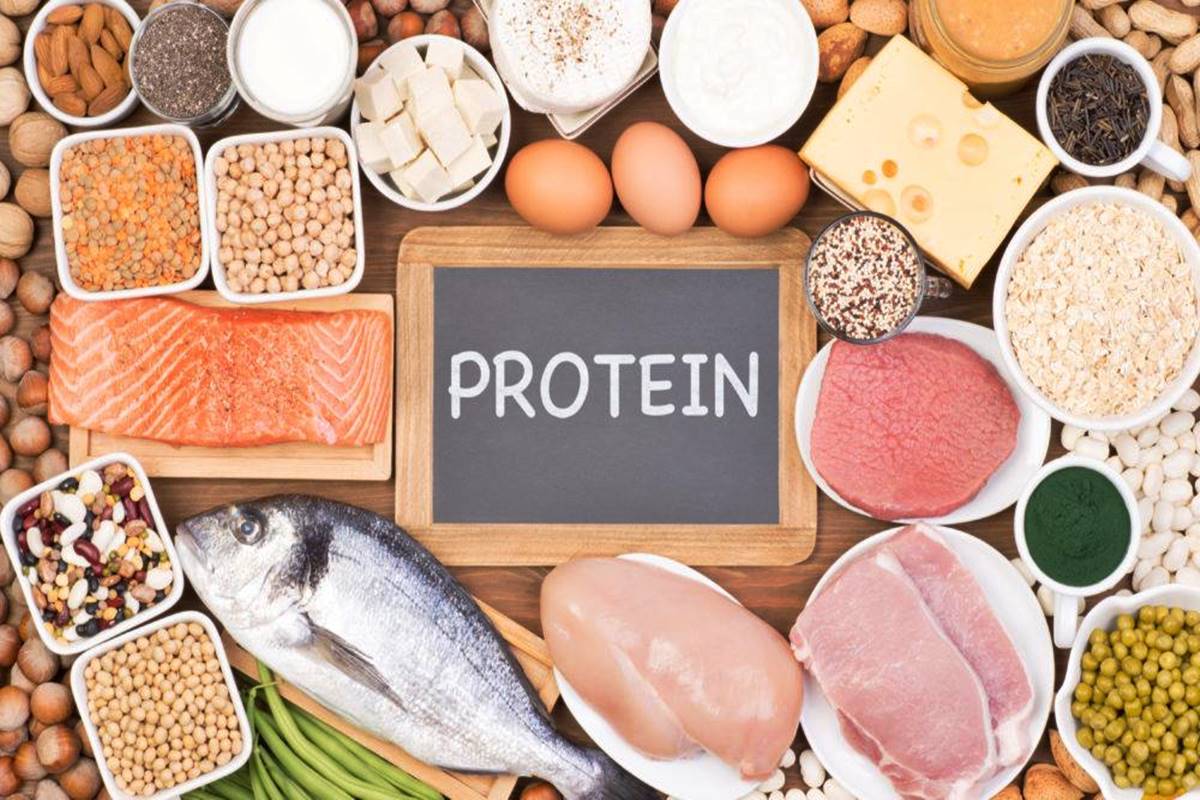Vegan meat: The future of food or an evolutionary paradox?
A food revolution is underway, and at its core is vegan meat—a concept that challenges traditional dietary norms.

A food revolution is underway, and at its core is vegan meat—a concept that challenges traditional dietary norms.

Eating more plant-based protein than animal-based protein may help reduce the risk of cardiovascular disease (CVD) and coronary heart disease (CHD), according to a new study on Monday.

A farmer, Kashinath Ghosh from Harinkhola-1 gram panchayat, Asarpur in Arambagh was felicitated and awarded from block to state and national level for promoting and encouraging organic farming

High-protein, low-calorie snacks can be the perfect solution, keeping you full for longer, aiding in weight loss, and curbing your hunger.

Debunking common myths surrounding protein intake and its impact on health, from the necessity of meat for muscle gain to the role of protein powder in fitness routines.
In a world where maintaining health and fitness takes center stage, one question has caused its fair share of confusion and concern, especially among women. One big question that has been sparking numerous debates is ‘Does protein powder lead to weight gain?’.
Discover the essential roles of protein for your body on National Protein Day. Learn how it aids in hunger management, metabolism, muscle building, blood pressure regulation, and pH balance.
German researchers have identified a protein, loss of which resulted in male infertility among mice.
In the world of fitness and weight loss, protein has gained significant attention for its role in supporting muscle growth, recovery, and overall health. Among the various types of protein available, whey protein stands out as a popular choice due to its high-quality amino acid profile and potential benefits.
Exercise has been found to balance oxidants like free radicals that accumulate in cells and damage DNA, regulate the inflammatory response, and improve the mechanism by which cells defend themselves against these stressors.
